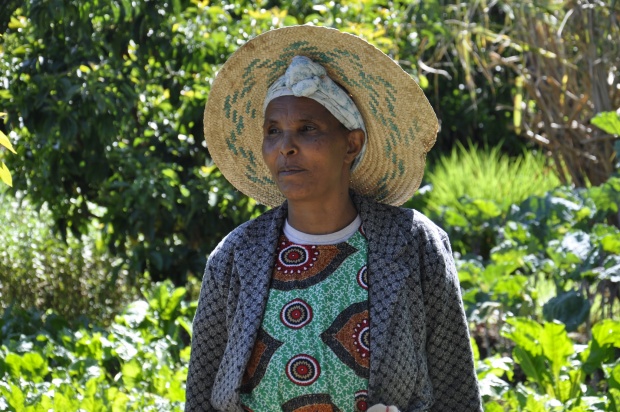Kathryn Boor is a food scientist and academic administrator. Her research focuses on identifying biological factors that affect the transmission of bacteria in food systems, from farm to table. She has received many awards and recognitions such as the 2000 USDA Honor Award as a member of the Listeria Outbreak Working Group, the 2000 Foundation Scholar Award and the 2006 DeLaval Award for Dairy Extension programming. She is the current Dean of the Cornell University College of Agriculture and Life Sciences.
You’ve won many awards, such as the 2002 Samuel Cate Prescott award for outstanding research from the Institute of Food Technologists, how do you think this further motivated and empowered you to continue your studies?
When I joined the Cornell University Food Science department in 1994, I was the sole female professor on the faculty. Whether or not it was true from the perspective of others, I felt that I had a great deal to prove to succeed in what had long been a male-dominated field of study. These various awards signaled to me enthusiastic reception of my work by external audiences. More importantly, however, the awards fortified my courage to partner with new, incoming students who were just beginning to explore their own interests, and to work with them to help them find their own passions.
What inspired you to start your career in the food industry and made you decide to concentrate specifically on the transmission of bacteria?
Very early in my career, I had the privilege to work with resource limited small-scale farmers in East Africa. Our goal was to improve nutritional outcomes for the farm children in the region surrounding Lake Victoria in Kenya. In the course of my work, I observed so much preventable human illness and suffering that was a consequence of people consuming food products that had been contaminated by harmful microbes such as Salmonella. That experience profoundly influenced my career trajectory, which, since then, has focused on devising strategies for preventing food from transmitting unwanted microbial contamination to the unsuspecting consumer. My career goal has been to ensure that parents can trust the food that they choose to feed their children to be safe from harmful contaminants.
What are the biggest challenges you have faced working with the food industry?
One of the biggest challenges for the food industry is our critical global need to create closer connections between agriculture and human nutrition to achieve healthier outcomes for people and for our planet. Because the food industry is the connection between the farmer and the consumer, it must serve as the bridge to make this happen. However, currently, we are missing essential policies and incentives that would drive the entire food system toward positive human health outcomes. Creating and providing food products that are “good for you” and that are grown in a manner that is “good for the planet,” are essential for supporting a future that will nurture generations to come.
Who would you say is your role model?
Farmers around the globe. These are people who move forward in the face of uncertainty every single day to feed us all. Their livelihoods are at the mercy of nature, and for many, the volatility of the global marketplace – things well out of their control. And yet, each year, they move forward with optimism, always with hope that the next year will be better than the last.
In relation to our Shape Your Future video series, I would like to ask you one more question, in fact the one to top them all and to guide all of us:
“How do you shape your future?”









